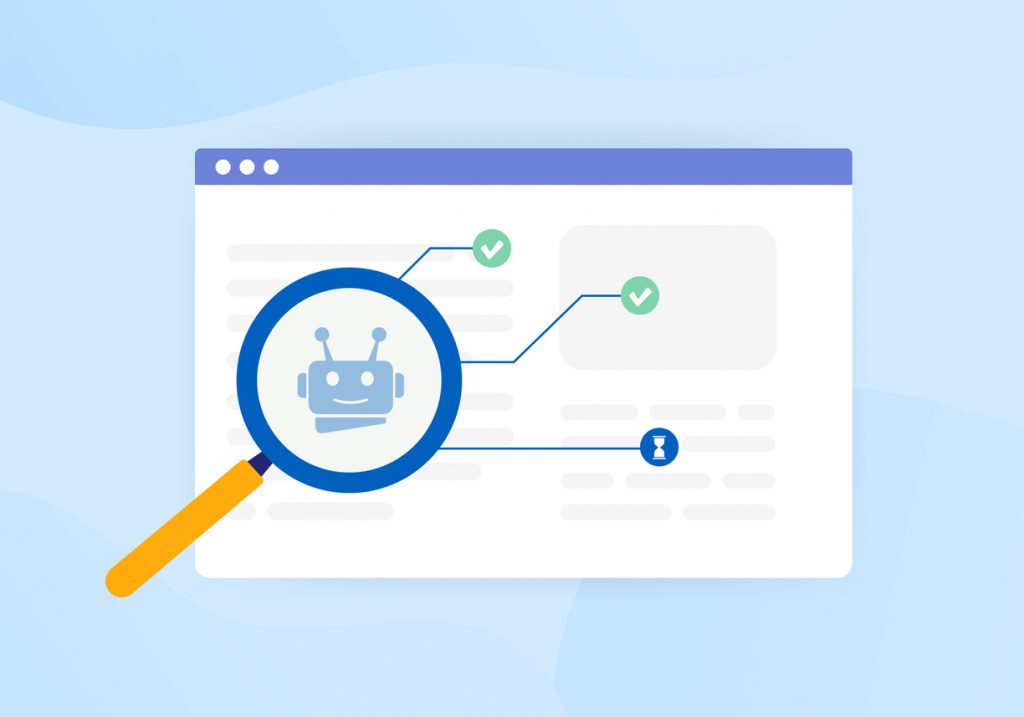Optimizing Your Service Business Website: Key SEO Techniques to Drive Leads
Every service business owner knows the power of a solid online presence. But more than simply having a website is required. To truly make an impact and attract potential customers, you need to implement specific SEO techniques for your website. Let’s explore crucial strategies to optimize your service business website and drive those much-needed leads.
1. Understand Your Audience and Their Search Intent
Understanding who you’re trying to reach is one of the most important aspects of any SEO strategy. What are your potential customers searching for? By diving deep into keyword research and understanding search intent, you can tailor your content to match what your audience wants, increasing the likelihood they’ll find your site.
2. On-Page SEO: Making Every Page Count
On-page SEO is all about the content on your site and how you present it. This doesn’t just refer to the text but also to images, videos, and even the structure of your content.
Title Tags and Meta Descriptions
The title tag is a major ranking factor for Google. It’s the first thing users see in search results, so it needs to be compelling and relevant. Similarly, while not a direct ranking factor, meta descriptions play a crucial role in click-through rates. Learn more about crafting the Perfect Meta Tags for SEO.
Content Optimization
Ensure that your content addresses the questions and needs of your target audience. Incorporate relevant keywords naturally, aiming for readability and value. Remember, quality over quantity is the mantra when it comes to content.
3. Mobile Optimization: Catering to the Majority
More users now access the web via mobile than desktop. You’re missing out on many potential leads if your website isn’t mobile-friendly. Test your site’s mobile responsiveness and ensure it’s easy to navigate on all devices.
4. Local SEO: Be Found Where It Matters Most
For service businesses, local SEO is paramount. Ensure your NAP (Name, Address, Phone Number) is consistent across all platforms. Registering and optimizing your Google My Business listing can also enhance visibility in local searches.
Pro Tip: Encourage satisfied clients to leave reviews. Positive reviews can significantly enhance your local SEO efforts.
5. Link Building: Quality Over Quantity
Backlinks act as endorsements for your site. However, not all links are created equal. Focus on building high-quality backlinks from reputable sites in your industry. This not only boosts your SEO but also increases your website’s trustworthiness.
Discover More: Check out Boost One SEO Services for a comprehensive approach to link-building strategies.
6. Technical SEO: The Backbone of Your Site
While on-page and off-page SEO get a lot of attention, pay attention to the technical side. This includes:
- Site Speed: A slow site can deter potential clients. Use tools like Google PageSpeed Insights to pinpoint areas for improvement.
- SSL Certificate: An SSL certificate protects your site and visitors and is a ranking factor for Google.
- XML Sitemap: This helps search engines understand the structure of your site, making indexing more efficient.
7. Continuous Analysis and Refinement
SEO isn’t a one-time task. Using tools like Google Analytics, monitor your site’s performance. Look for trends, identify what’s working, and refine your strategies based on data.
Get Started Now: Consider getting an expert’s perspective with a Free SEO Assessment.
Why Consider Managed SEO Services?
Navigating the SEO world can be complex, especially with constant algorithm changes. Managed SEO services can alleviate this stress, letting experts handle the intricate aspects of SEO while you focus on serving your clients.
Conclusion
Implementing the correct SEO techniques for your website can transform your online presence, driving more organic traffic and, more importantly, higher conversion rates. Remember, SEO is a journey, not a destination. Continual optimization, staying updated with the latest trends, and a commitment to providing value are all critical ingredients to SEO success for any service business website.







